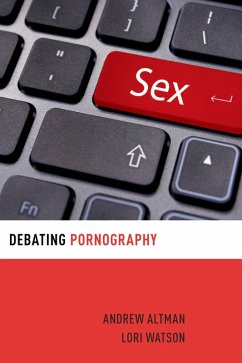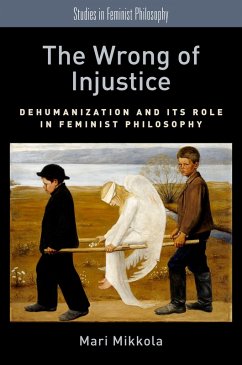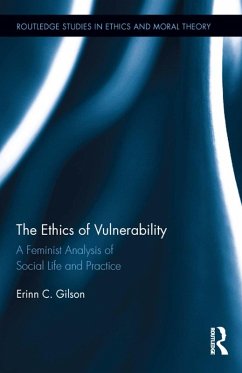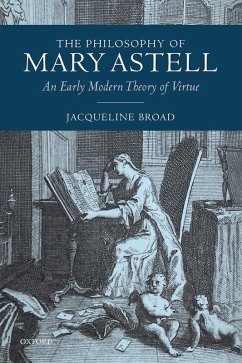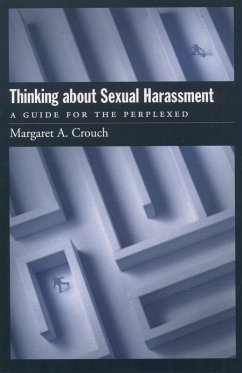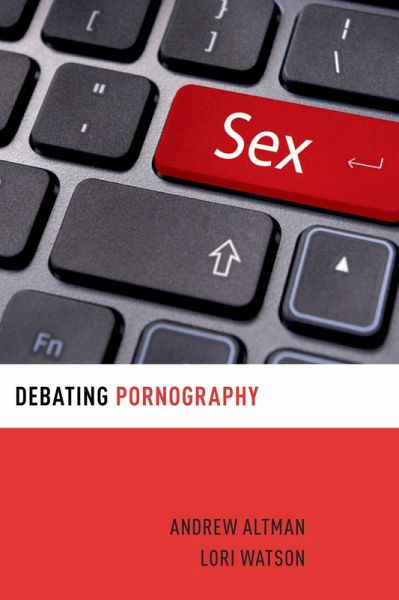
Debating Pornography (eBook, PDF)
Versandkostenfrei!
Sofort per Download lieferbar
13,95 €
inkl. MwSt.
Weitere Ausgaben:

PAYBACK Punkte
7 °P sammeln!
Since the sexual revolution of the 1960s, debates over pornography have raged, and the explosive spread in recent years of sexually explicit images across the Internet has only added more urgency to these disagreements. Politicians, judges, clergy, citizen activists, and academics have weighed in on the issues for decades, complicating notions about what precisely is at stake, and who stands to benefit or be harmed by pornography. This volume takes an unusual but radical approach by analyzing pornography philosophically. Philosophers Andrew Altman and Lori Watson recalibrate debates by viewing...
Since the sexual revolution of the 1960s, debates over pornography have raged, and the explosive spread in recent years of sexually explicit images across the Internet has only added more urgency to these disagreements. Politicians, judges, clergy, citizen activists, and academics have weighed in on the issues for decades, complicating notions about what precisely is at stake, and who stands to benefit or be harmed by pornography. This volume takes an unusual but radical approach by analyzing pornography philosophically. Philosophers Andrew Altman and Lori Watson recalibrate debates by viewing pornography from distinctly ethical platforms -- namely, does a person's right to produce and consume pornography supersede a person's right to protect herself from something often violent and deeply misogynistic? In a for-and-against format, Altman first argues that there is an individual right to create and view pornographic images, rooted in a basic right to sexual autonomy. Watson counteracts Altman's position by arguing that pornography inherently undermines women's equal status. Central to their disagreement is the question of whether pornography truly harms women enough to justify laws aimed at restricting the production and circulation of such material. Through this debate, the authors address key questions that have dogged both those who support and oppose pornography: What is pornography? What is the difference between the material widely perceived as objectionable and material that is merely erotic or suggestive? Do people have a right to sexual arousal? Does pornography, or some types of it, cause violence against women? How should rights be weighed against consequentialist considerations in deciding what laws and policies ought to be adopted? Bolstered by insights from philosophy and law, the two authors engage in a reasoned examination of questions that cannot be ignored by anyone who takes seriously the values of freedom and equality.
Dieser Download kann aus rechtlichen Gründen nur mit Rechnungsadresse in A, B, BG, CY, CZ, D, DK, EW, E, FIN, F, GR, HR, H, IRL, I, LT, L, LR, M, NL, PL, P, R, S, SLO, SK ausgeliefert werden.




